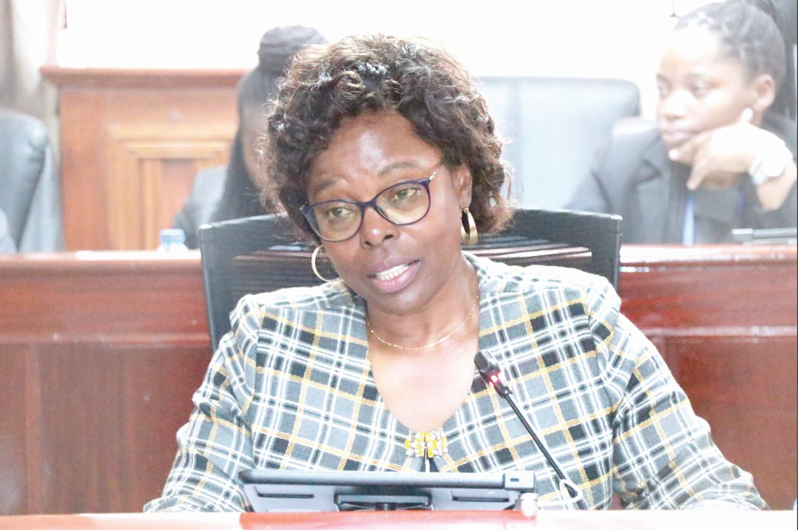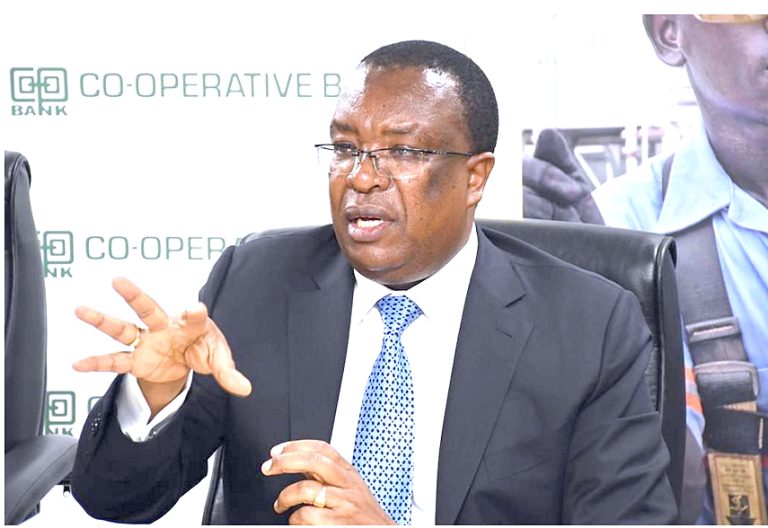Capital Markets Authority fingers what ails crowd-funding market

Lack of investor protection, as well as sound and simpler regulatory framework, are being blamed for slow growth of Kenya’s crowdfunding market.
In the Capital Markets Soundness Report Q4 2020 by Capital Markets Authority (CMA), the industry watchdog, says the above issues if addressed in addition to disclosures, transparency would help spur the sector’s growth as an alternative capital raising mechanism within the capital markets space.
“With strides such as having the regulatory sandbox such huddles are currently being addressed.
To propel it to the potential currently enjoyed in developed financial markets other factors such as poor social trust in African countries must be addressed,” notes CMA in its report.
Despite being at an early stage in the sector’s development, a 2016 East Africa Crowd funding landscape report by FSD Africa also highlighted Kenya’s regulatory uncertainty as one of the main barriers of the growth of crowdfunding.
The report mapped the landscape of social investments in East Africa with a deep dive focus on Kenya, Uganda and Tanzania, and a high-level assessment of Rwanda, Ethiopia and South Sudan.
Kenya remains the regional leader among the four countries ($46.7 million forecast for 2016), followed by Uganda ($30.9 million), Tanzania ($16 million), and Rwanda ($9.4 million).
This compares with a forecast of $20.6 million projected in South Africa for 2016. Kenya is also estimated to have raised $22 million when the financing model started to gain traction as a capital raising tool with M-Changa rated Africa’s first and largest mobile fundraising site, with Pesa Pesa, Changia Boresha, Kickstarter Kenya among others fast gaining recognition.
Social networking
Crowdfunding is the practice of raising money from groups, through online, mobile platforms or social networking means.
It offers small firms an alternative way to pool capital from a variety of investors, customers or lenders within a short time frame.
This form of fundraising is largely used to finance small and medium-sized enterprises, and also backs social causes and creative projects among others.
Investment-based crowdfunding can be undertaken through debt or equity or hybrid models.
That growth is now being attributed to growing internet connectivity and mobile money usage compared to other countries in the region.
The leading categories in funding include food and agriculture, education, and health.
In advanced markets such as US and UK where consumer behaviour and favourable macro-economic factors have favoured crowdfunding ventures, it is also evident that regulatory changes have led to the growth of the crowd financing (P2P lending and equity crowd funding) market.
National Treasury CS Ukur Yatani last month published regulations that require all persons who operate or intend to operate an investment-based crowdfunding platform, to obtain approval from CMA.
The draft Capital Markets (Investment Based Crowdfunding) Regulations, 2021 says to be eligible for licensing, as a crowd funding platform operator and applicant must be a firm with a minimum paid-up capital of Sh10 million.












